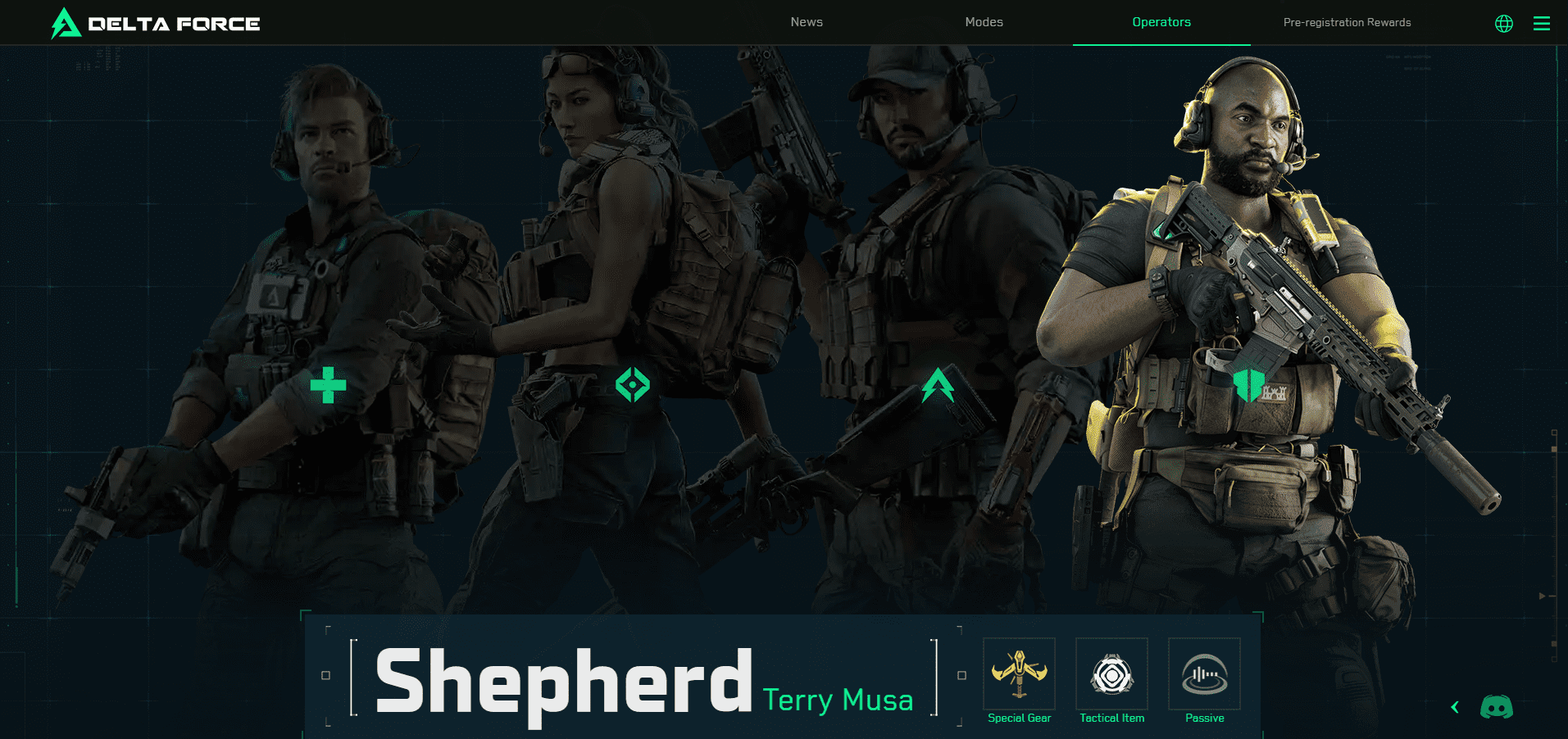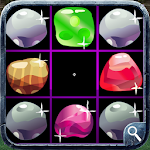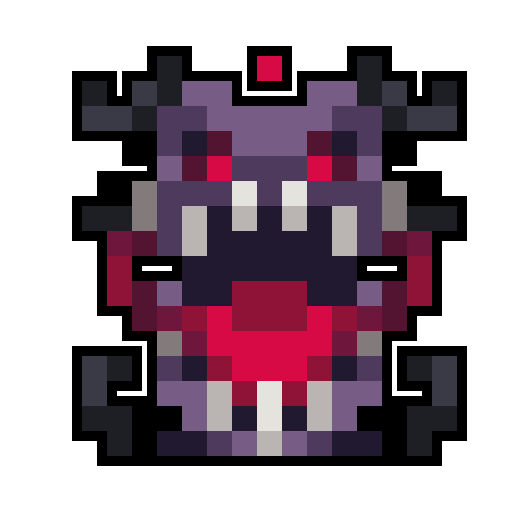The God of War series has been a cornerstone across four generations of PlayStation consoles. When Kratos embarked on his vengeance-fueled journey to become the new god of war in 2005, few could have predicted his path over the next two decades. While many long-running franchises struggle to remain relevant, God of War has thrived due to its adaptability. The most transformative shift came with the 2018 reboot, which transitioned Kratos from the world of Ancient Greece to the rich tapestry of Norse mythology. This change not only altered the series' setting but also revolutionized its gameplay and storytelling. However, even before this acclaimed reboot, Sony Santa Monica made several smaller, yet significant, adjustments that kept the series alive and kicking.
For God of War to continue its success, reinvention remains crucial. When the series shifted to Norse mythology, director Cory Barlog expressed interest in exploring settings like the Egyptian and Mayan eras. Recent rumors have reignited speculation about an Egyptian setting, and it's easy to see why fans are excited about Kratos exploring the land of the pyramids. Ancient Egypt's unique culture and mythology offer a fresh backdrop. Yet, a new setting alone isn't enough; future iterations must reinvent themselves as effectively as the series did when it transitioned from the Greek trilogy to the Norse saga, enhancing and refining the elements that fans love.
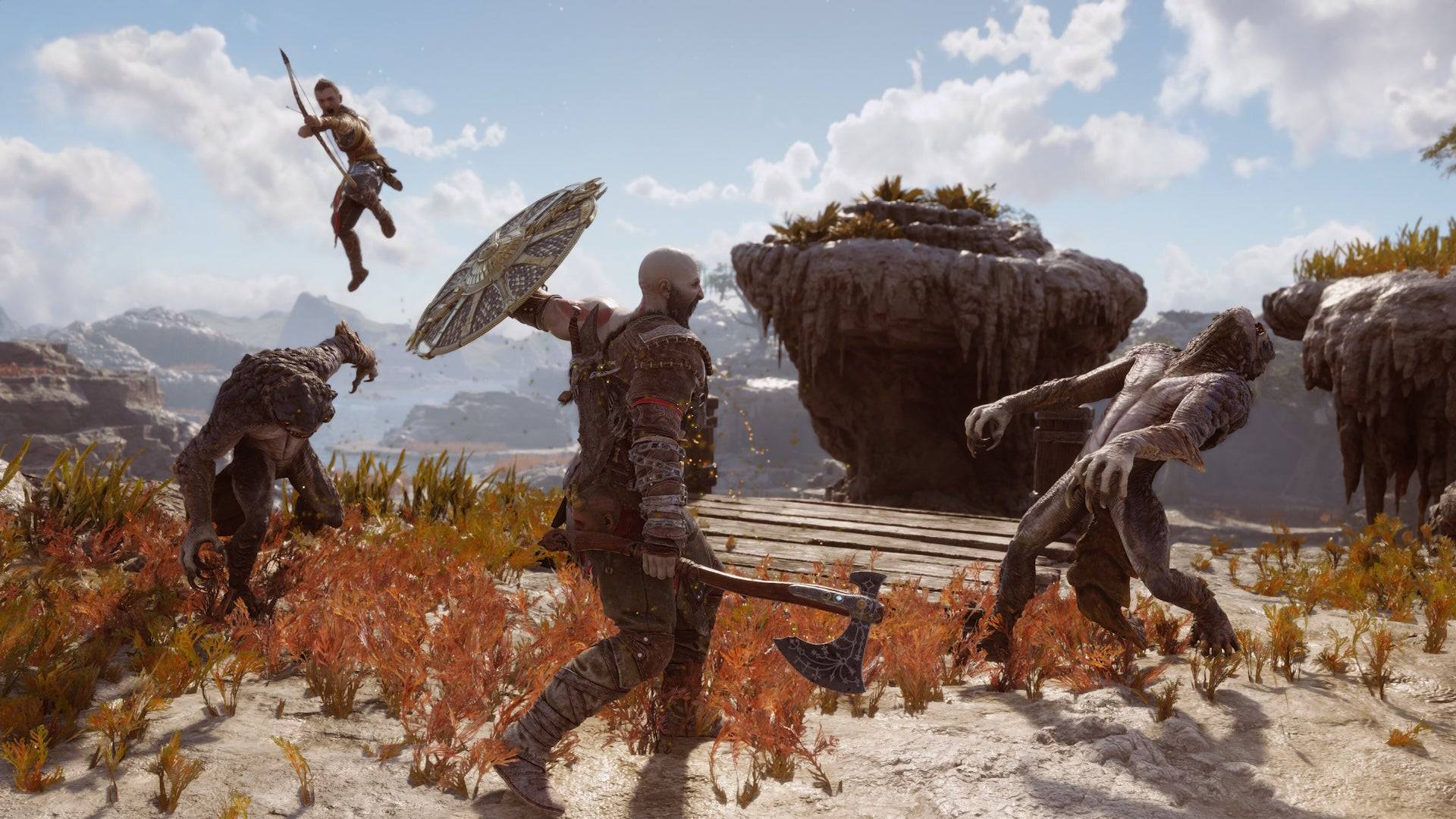 The series has always embraced change. The original Greek games evolved over a decade, refining their hack-and-slash mechanics and reaching a peak with God of War 3 on the PlayStation 3. This final chapter introduced a revamped magic system that complemented the melee combat's rhythmic combos and offered a broader range of challenging enemies. The increased power of the PS3 allowed for new camera angles that enhanced the visual experience, making it a graphical powerhouse at the time.
The series has always embraced change. The original Greek games evolved over a decade, refining their hack-and-slash mechanics and reaching a peak with God of War 3 on the PlayStation 3. This final chapter introduced a revamped magic system that complemented the melee combat's rhythmic combos and offered a broader range of challenging enemies. The increased power of the PS3 allowed for new camera angles that enhanced the visual experience, making it a graphical powerhouse at the time.
The 2018 reboot saw the loss of some key elements from the Greek trilogy, such as platforming and puzzle-solving, which were integral to Kratos' journey. The shift to a third-person, over-the-shoulder camera angle made traditional platforming less feasible, though puzzles were retained and adapted to fit the new adventure-focused design.
The roguelike DLC, Valhalla, for God of War Ragnarök, marked a return to the series' roots. It reintroduced battle arenas, a feature beloved in the original series, now adapted to fit the Norse setting. The narrative of Valhalla mirrored this mechanical return, with Kratos confronting his past, guided by the Norse god of war, Týr. This full-circle moment in Kratos' story underscored the series' ability to blend old and new.
The Norse games, however, aren't just about revisiting past ideas. They introduced innovations like the Leviathan Axe's unique throwing mechanics, a combat-defining parry system with various shield types, and in Ragnarök, a magical spear for faster, explosive attacks. These new elements, along with exploration across the Nine Realms, each with unique foes and environments, enriched the gameplay experience.
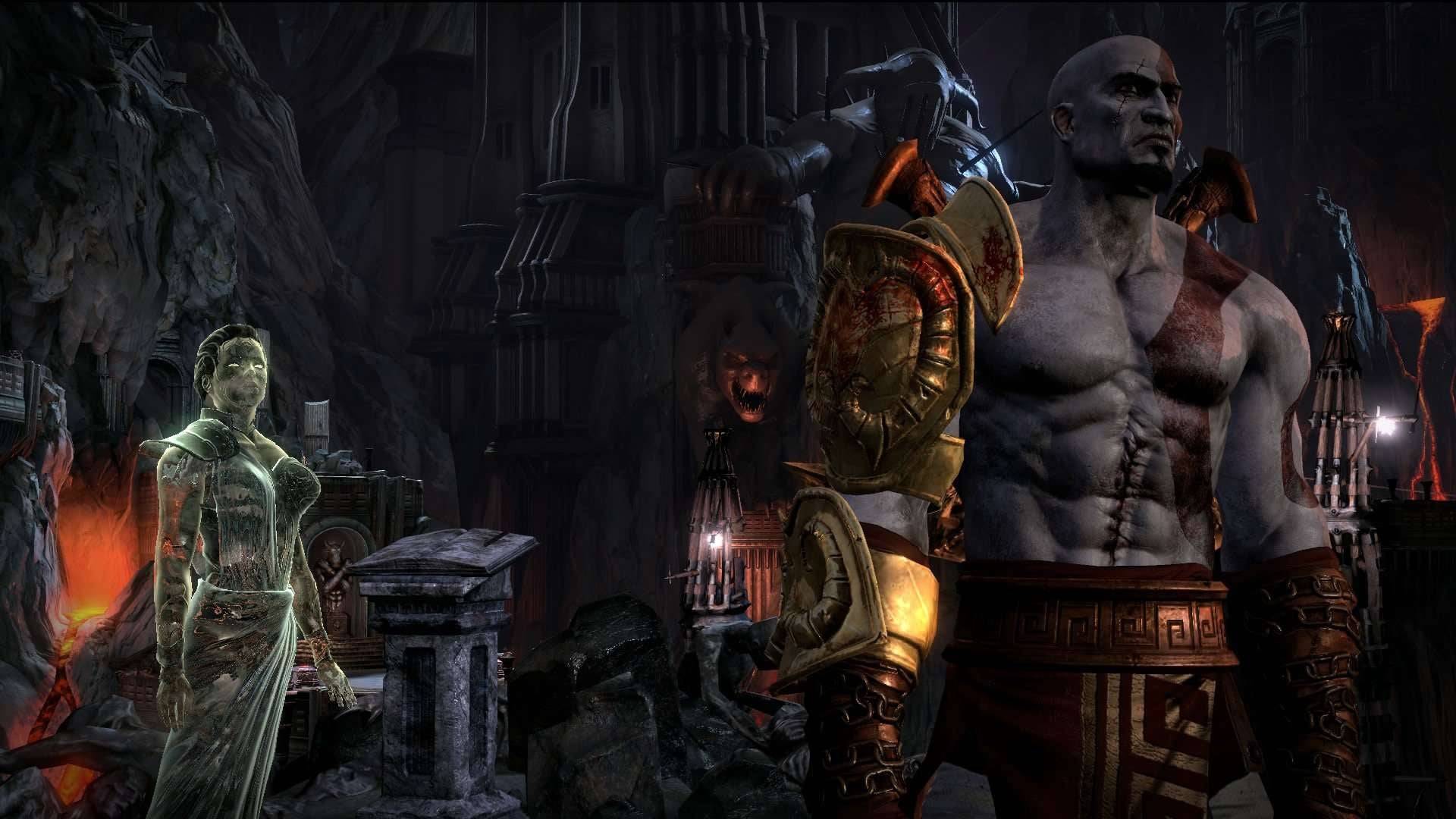 While combat and exploration mechanics are evident changes, the storytelling approach marks the most significant difference between the original trilogy and the Norse duology. The Norse games delve deeply into Kratos' emotional journey, fueled by the loss of his wife and his complex relationship with his son, Atreus. This nuanced storytelling, a departure from the more straightforward narrative of the Greek trilogy, has been pivotal to the Norse era's critical and commercial success.
While combat and exploration mechanics are evident changes, the storytelling approach marks the most significant difference between the original trilogy and the Norse duology. The Norse games delve deeply into Kratos' emotional journey, fueled by the loss of his wife and his complex relationship with his son, Atreus. This nuanced storytelling, a departure from the more straightforward narrative of the Greek trilogy, has been pivotal to the Norse era's critical and commercial success.
God of War's successful evolution stems from a unique approach to franchise development. The creators view the Norse games not as traditional sequels but as extensions of Kratos' journey. This mindset should guide future installments, ensuring they build on the series' strengths while daring to innovate.
However, reinvention alone doesn't guarantee success, as seen with the Assassin’s Creed series. Despite frequent shifts in setting and time period, Assassin’s Creed has struggled to maintain fan loyalty across console generations like God of War. After moving to an open-world RPG format with Assassin’s Creed Origins in 2017, the series has drifted from its assassin-centric roots, leading to mixed fan reactions. The 2023 release, Assassin’s Creed Mirage, attempted a return to the series' Middle Eastern roots and original gameplay, receiving positive feedback. This year's Assassin’s Creed Shadows continues this trend, emphasizing stealth gameplay.
The varied reception to Assassin’s Creed's changes highlights the risk of straying too far from a series' core appeal. God of War, despite its Norse reboot, has managed to retain what made Kratos and the series compelling: intense, unrelenting combat. Each new game builds on this foundation, introducing Spartan Rage options, new weapons, diverse combat scenarios, and even playable segments as other characters. These enhancements deepen the series' lore and identity without losing sight of its origins.
Whether the rumors of an Egyptian setting come to fruition, the next God of War must maintain the elements that have made the series successful. While the 2018 reboot focused on combat, future games will likely be judged by their storytelling, the true strength of the Norse duology. Kratos' transformation from a rage-driven warrior to a complex father and leader has been central to the series' recent success. Any future installment must build on this narrative strength while daring to make bold new changes, aiming to be the pinnacle of the next era of God of War.


